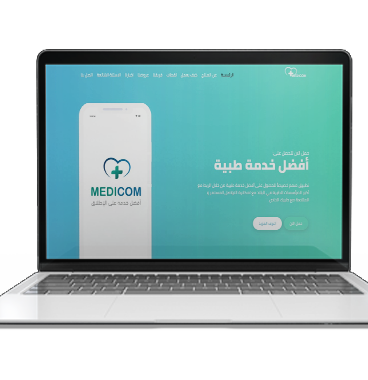- Best Software Company in UAE
- 0 Comments
- 781 Views
Introduction: Advancements in technology make it possible for custom software development to revolutionize the dental industry. From improving patient records and database security to streamlining administrative and operational processes, custom dental software development enables dentists to provide a higher level of care. Dental practices that invest in custom software are now able to provide patients with the best possible experience and increase overall efficiency.
Innovative Solutions for Optimal Oral Health
Custom dental software development provides innovative solutions to improve the quality of care and promote patient health. It streamlines the workflow of dental practices and enables personnel to access patient records more quickly and easily. For example, custom electronic medical record (EMR) software allows dental professionals to store and retrieve patient information with ease. Additionally, device integration and data synchronization simplify the process of communicating between various wearables and dentists. Moreover, custom software makes it easier to detect and diagnose any dental issues. With the use of sensors, dental practitioners can record and monitor patient information in order to detect any changes in their oral health. Additionally, modern software systems can utilize both imaging data and patient records to provide more accurate and timely diagnoses. Custom software also has the potential to assist in cosmetic procedures. For example, dentists can use it to produce digital models of teeth and create simulations for treatments. This makes it easier to identify the exact dimensions and shapes of patient teeth and plan procedures accordingly.
Patient Record and Database Security
The security of patient records is a top priority in the world of dentistry. Custom software can be tailored to address the unique needs of dental practices when it comes to patient record security. Custom software systems can ensure a higher level of data security by incorporating crucial features such as user authentication, encryption and multi-factor authentication. This helps to keep patient data both safe and confidential. Additionally, custom software can help protect against possible cyber-attacks and data loss by implementing regular security updates. Moreover, custom software can be used to manage electronic consent forms and patient record documentation. By utilizing custom electronic signatures and tracking systems, dental practices can more effectively monitor patients’ consent and make sure their records remain up-to-date and accurate.
Streamlining Administrative and Operational Processes
The operations within a dental practice can benefit greatly from custom software. Allowing the automation of administrative and operational processes, custom software can help reduce overhead costs and optimize productivity levels. For instance, custom software can be used to manage scheduling and attendance. By integrating scheduling software with other systems, vital information such as appointment reminders, patient records and insurance claims can be easily accessed in one centralized location. This makes scheduling appointments and booking follow-up visits more convenient for both dental practitioners and patients. With custom software systems, dental practices can also reduce paperwork and increase efficiency. This can be done by digitizing patient records, automating financial processes, and even tracking patient progress. Further, custom software can be used to perform marketing activities and streamline insurance claims. Conclusion: Custom software development has enabled dental practices to provide a more efficient and effective level of care. From improving patient records an database security to streamlining administrative and operational processes, custom dental software development puts the power of technology at the fingertips of dental professionals. In this way, they are able to provide their patients with the best possible experience and ensure optimal oral health.




